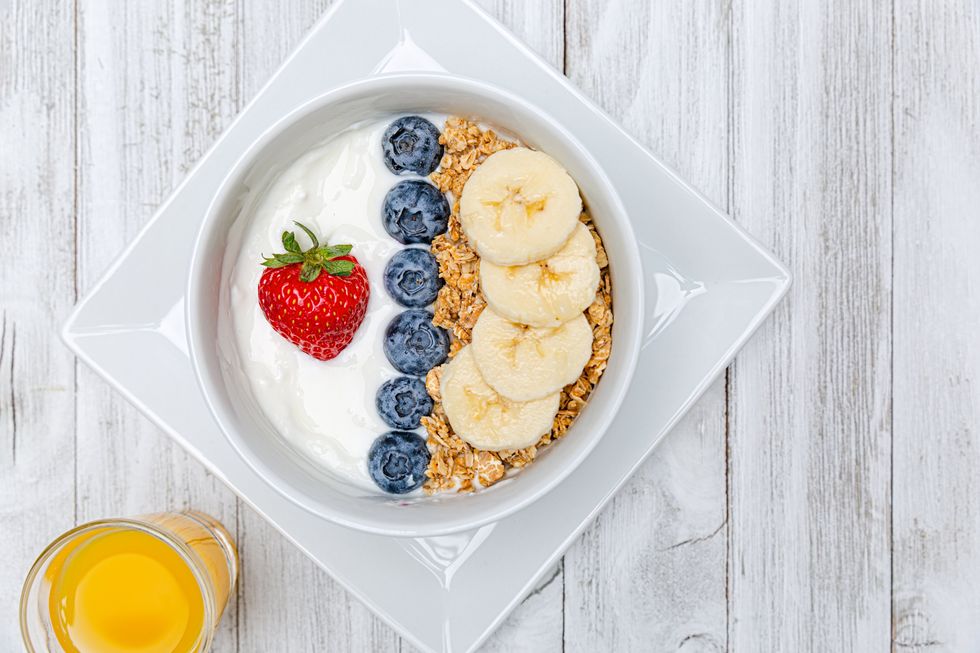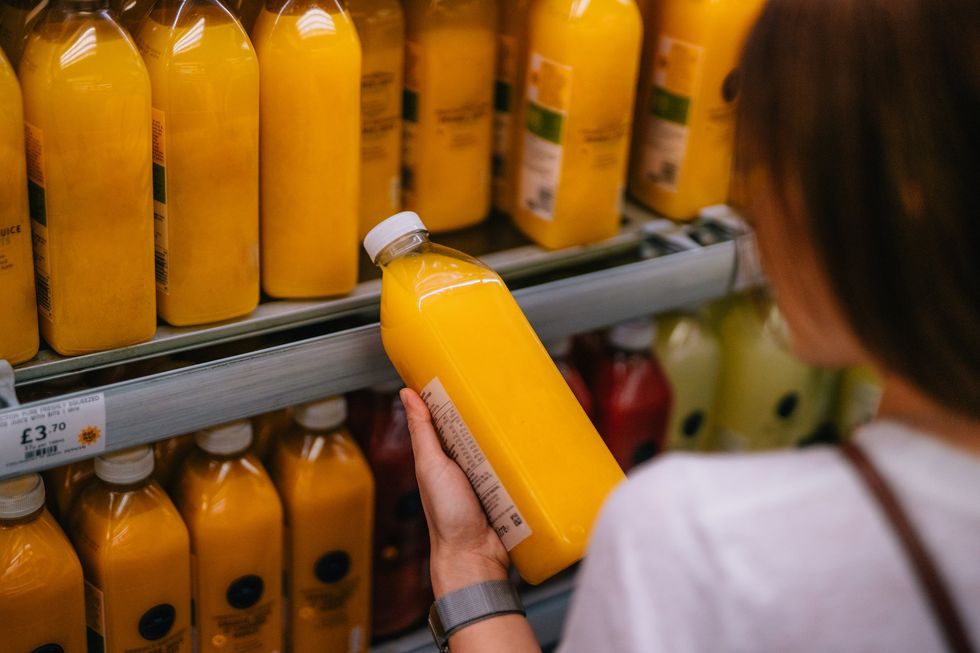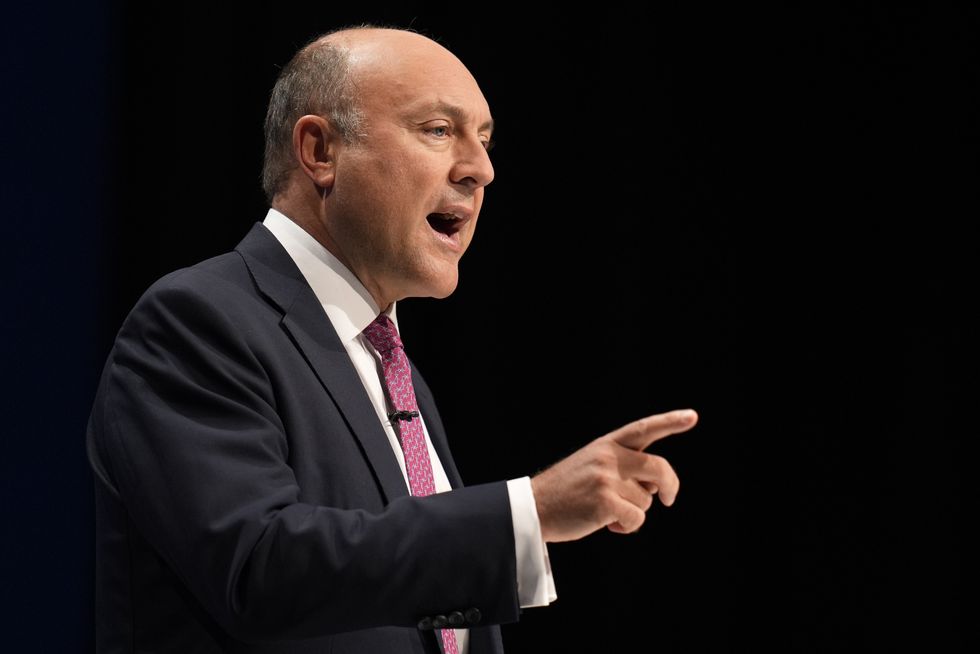Yoghurts and fruit juice are 'junk food' claim ministers in latest 'nanny state' obesity drive

The products will also be excluded from promotional offers like 'buy-one-get-one-free' deals
Don't Miss
Most Read
Trending on GB News
Labour's upcoming obesity strategy is expected to classify yoghurts and fruit juices as "junk foods", it has been revealed
The move, which will subject such items to stringent regulations currently applied to items like doughnuts and crisps, has been part of the Government's strategy to tackle obesity, branded as "nanny state".
The Government plans to update Britain's nutrition classification framework, branded "nanny state", which hasn't been revised for decades, within the coming weeks.
This reclassification will affect hundreds of products, including breakfast cereals.
TRENDING
Stories
Videos
Your Say
Under the new rules, retailers will be prohibited from displaying these items near store entrances or checkout areas.
The products will also be excluded from promotional offers like "buy-one-get-one-free" deals.
Additionally, advertising restrictions will mean that cereals such as Rice Krispies, which are marketed to children, can only appear on television after the 9pm watershed.
Government sources indicate they will consult businesses about implementing these changes, though supermarket representatives anticipate extensive new regulations affecting numerous everyday groceries.

Labour's upcoming obesity strategy will classify yoghurts and fruit juices as 'junk foods'
|GETTY
The proposals have sparked fierce criticism from opposition politicians and retail representatives who accuse the government of excessive interference.
Andrew Griffith, the Shadow Business Secretary, described the measures as "nanny state gone mad and yet more red tape on business just days after Labour ministers laughably said they would cut burdens".
He also questioned the Government's priorities, adding: "On what level when they can't keep illegal migrants deported, wealth creators are fleeing and the economy is bleeding out does the Government think obsessing about which shelf yogurt and fruit drinks sit on should be their priority?"
Richard Tice, Reform UK's chairman, condemned what he called "authoritarian nonsense", warning it would increase supermarket costs and subsequently raise consumer prices.
Meanwhile, Andrea Martinez-Inchausti, from the British Retail Consortium, urged ministers to "pause for a moment" before implementing changes that could force retailers to spend millions refitting stores.
LATEST DEVELOPMENTS

The products will also be excluded from promotional offers like 'buy-one-get-one-free' deals
|GETTY
The revised nutrient classification system will categorise "free sugars" - those released when fruit is processed - as sugar content, fundamentally altering how many products are assessed.
This technical adjustment means items like Kellogg's Bran Flakes and Innocent Orange juice will shift from healthy to unhealthy categories under the new framework.
Industry representatives warn these changes could discourage consumption of products that provide essential nutrients.
Martinez-Inchausti noted: "If you are a customer trying to understand what a healthy option is, according to this score, there's no difference between having a pain au chocolate and a high-fibre breakfast cereal."
Nick Canney, Innocent Drinks' chief executive, expressed equal concern
He said: "When fewer than one in five adults and just one in 10 children in the UK are reaching their five-a-day, we know it's more important than ever to help people get more portions of fruit and veg into their diets not less."

Andrew Griffith, the shadow business secretary, described the measures as 'nanny state gone mad'
|PA
A spokesman for Danone, which makes Activia yoghurt, said the proposals risked “potentially confusing consumers and undermining healthier choices.”
The Food and Drink Federation’s chief scientific officer, Katie Halliwell, said brands had been spending heavily on healthier options, with members’ products now containing “a third less salt and sugar and a quarter fewer calories compared to in 2015”.
"However, under the Government’s proposed changes, many of these healthier options could no longer be promoted or advertised to consumers."
A Department of Health and Social Care spokesman said: "Obesity robs children of the best possible start in life, sets them up for a lifetime of health problems and costs the NHS billions.
"We are taking action to ensure we have the healthiest generation of children ever – and this includes restricting the advertising of junk foods which are high in fat, sugar and salt.”
More From GB News











